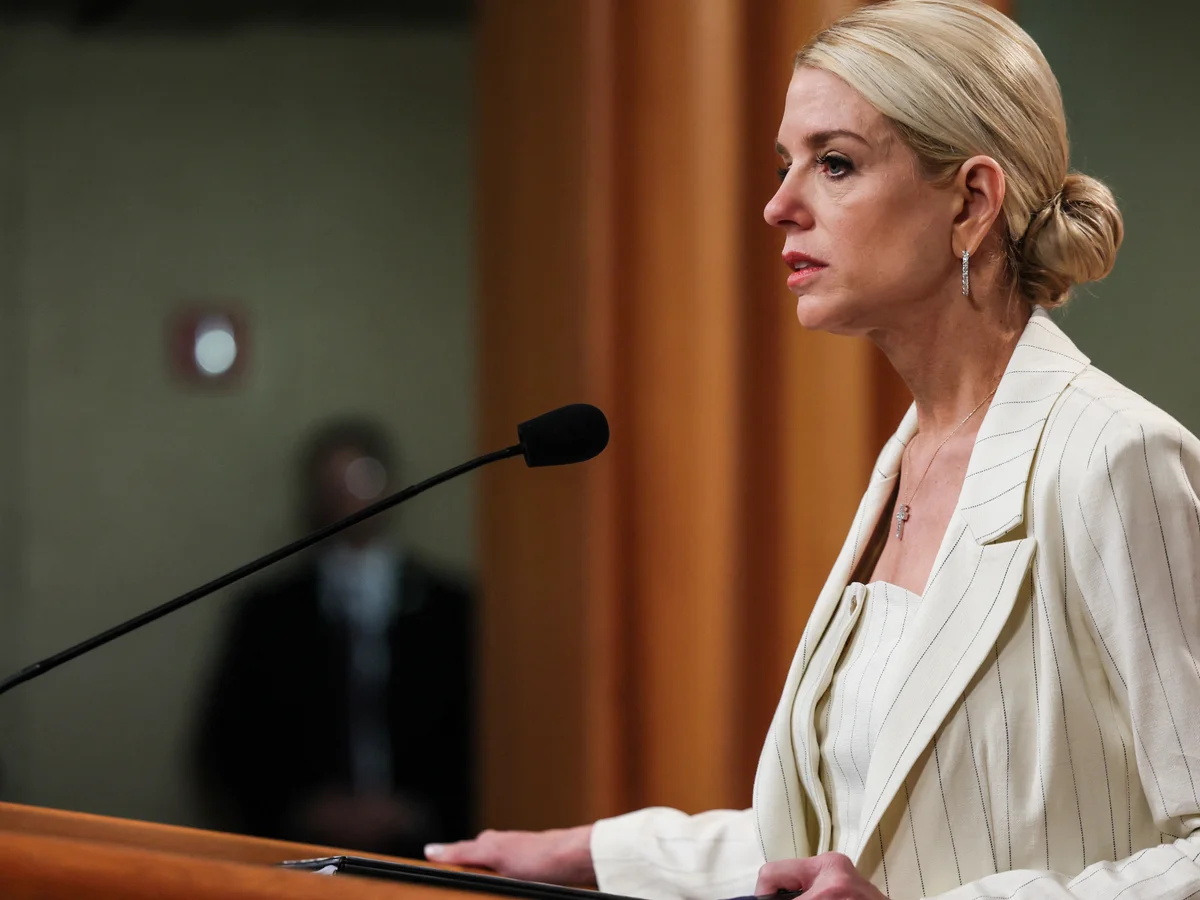On April 25, 2025, the Trump administration rescinded a key policy that had previously limited the federal government’s ability to subpoena journalists’ phone and email records in investigations related to unauthorized leaks. The policy, initially enacted to protect press freedom and uphold the confidentiality of journalistic sources, was reversed in what officials described as an effort to intensify leak investigations and reinforce national security.
The move has sparked swift and widespread backlash from press freedom organizations, journalists, and bipartisan lawmakers, many of whom argue that it sets a dangerous precedent. Critics contend that rolling back these protections could lead to increased surveillance of journalists, eroding the essential role of the free press in a democratic society. The Reporters Committee for Freedom of the Press called the action “a direct threat to press independence,” while several senators have already pledged to introduce legislation aimed at restoring these safeguards.
Legal experts warn that the shift could have a chilling effect on investigative journalism, discouraging sources from coming forward out of fear of exposure and retaliation. They note that even the appearance of government overreach into the press’s activities could significantly undermine public trust.
In a related development, the FBI arrested Judge Hannah Dugan of Wisconsin on the same day for allegedly assisting an undocumented immigrant evade federal custody, an action federal officials claim violates immigration law. The arrest marks an unprecedented move against a sitting local judicial officer, further intensifying debates over judicial independence and immigration enforcement.
Supporters of Judge Dugan argue that her actions were grounded in compassion and constitutional principles, accusing the federal government of political overreach. Civil rights groups have condemned the arrest as “intimidation” and warn it could deter other judges from acting independently in cases involving immigration or federal policies.
Taken together, these developments reflect growing tensions between the federal government and various institutions traditionally protected from political interference. As concerns mount over civil liberties and democratic norms, both cases are expected to face legal challenges that could shape the national discourse on press freedom, immigration, and the separation of powers in the months ahead.


















Walker
Aaah
hossman
Really
Happy
Ooh
KHANDY
Eiii
Marena25
Hmmm
Suhuyini
Okay
Successventuresgh
Good